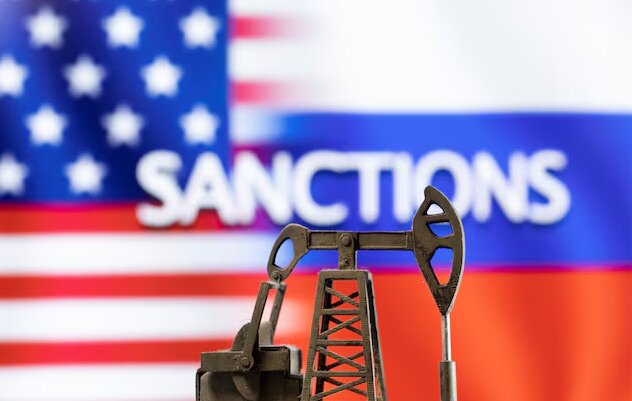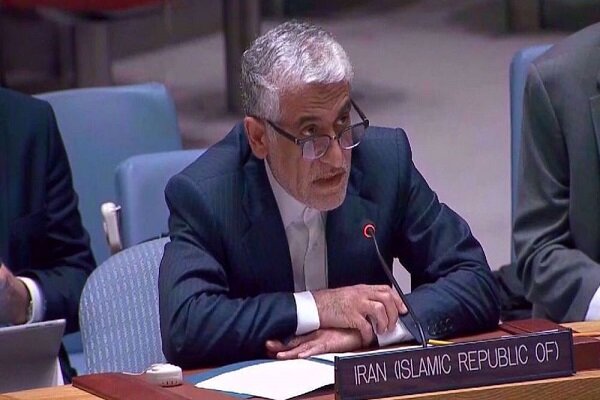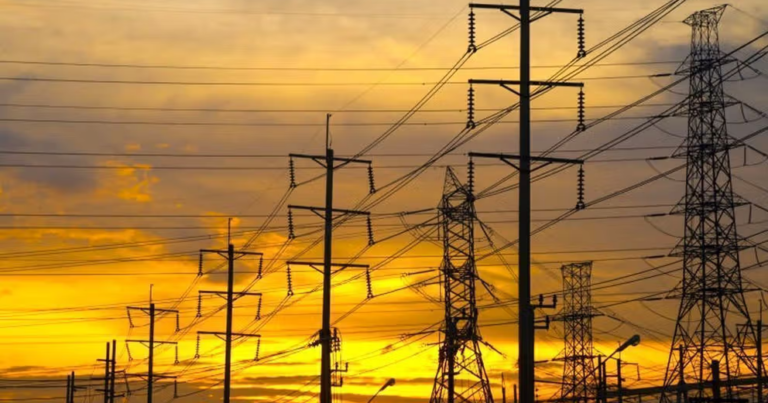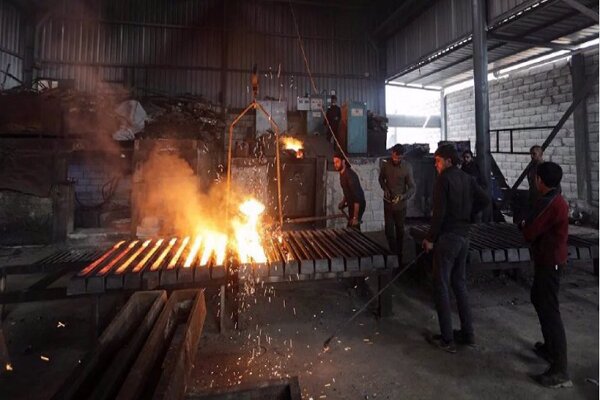US Expands Export Blacklist: Dozens of Chinese Entities Targeted in New Trade Restrictions
The recent addition of Inspur units to the U.S. export control list has raised significant concerns about national security and technological advancements. This decision, announced by the Commerce Department, highlights the ongoing efforts to limit China’s capabilities in high-performance computing, quantum technologies, and advanced artificial intelligence (AI).
The Inspur units are among approximately 80 companies and research institutes that have been newly listed for their contributions to the development of supercomputers for the Chinese military. Notably, five of these subsidiaries are located in China, while one is based in Taiwan. The Inspur Group itself was previously added to the list in 2023, as reported by Reuters.
Here are some key points regarding the recent developments:
- Export Control List Expansion: About 80 entities, including over 50 based in China, were added to the export control list.
- Global Reach: The list also includes companies from Taiwan, Iran, Pakistan, South Africa, and the United Arab Emirates.
- Strategic Objectives: The listings aim to hinder China’s advancements in high-performance computing, quantum technologies, and advanced AI, while also impeding its hypersonic weapons program.
In a statement, Commerce Secretary Howard Lutnick emphasized, “We will not allow adversaries to exploit American technology to bolster their own militaries and threaten American lives.” This statement underscores the U.S. commitment to maintaining technological superiority and safeguarding national interests.
In response to the U.S. actions, China’s foreign ministry condemned the move, asserting that the country would take necessary measures to protect the legitimate rights and interests of Chinese enterprises. Additionally, the Chinese embassy in Washington expressed strong opposition to what it describes as “acts taken by the US” and demanded an immediate cessation of using military-related issues to politicize and weaponize trade and technology.
The Inspur Group has yet to respond to requests for comments regarding its current status on the export control list. Meanwhile, the U.S. government continues to pursue strategies to disrupt Iran’s procurement of drones and related defense items, while also working to prevent the development of Iran’s ballistic missile program and nuclear activities that are not subject to safeguards.
The addition of companies to the Commerce Department’s Entity List is typically driven by national security concerns or foreign policy objectives. Entities listed are prohibited from selling goods without applying for and obtaining specific licenses, which are often denied. This regulatory framework is designed to prevent sensitive technologies from falling into the hands of adversarial nations.
In summary, the recent inclusion of Inspur units in the U.S. export control list is part of a broader strategy to curtail China’s technological advancements and military capabilities. As global tensions rise, the impact of such measures on international trade and diplomatic relations remains to be seen.
This situation is a clear indication of the increasing scrutiny that technology companies face in the current geopolitical landscape. The U.S. government’s efforts to protect its national security interests while navigating complex international relations illustrate the delicate balance that must be maintained in today’s interconnected world.
As the situation evolves, stakeholders in both China and the U.S. will be closely monitoring the implications of these export controls on technology development and international cooperation.






